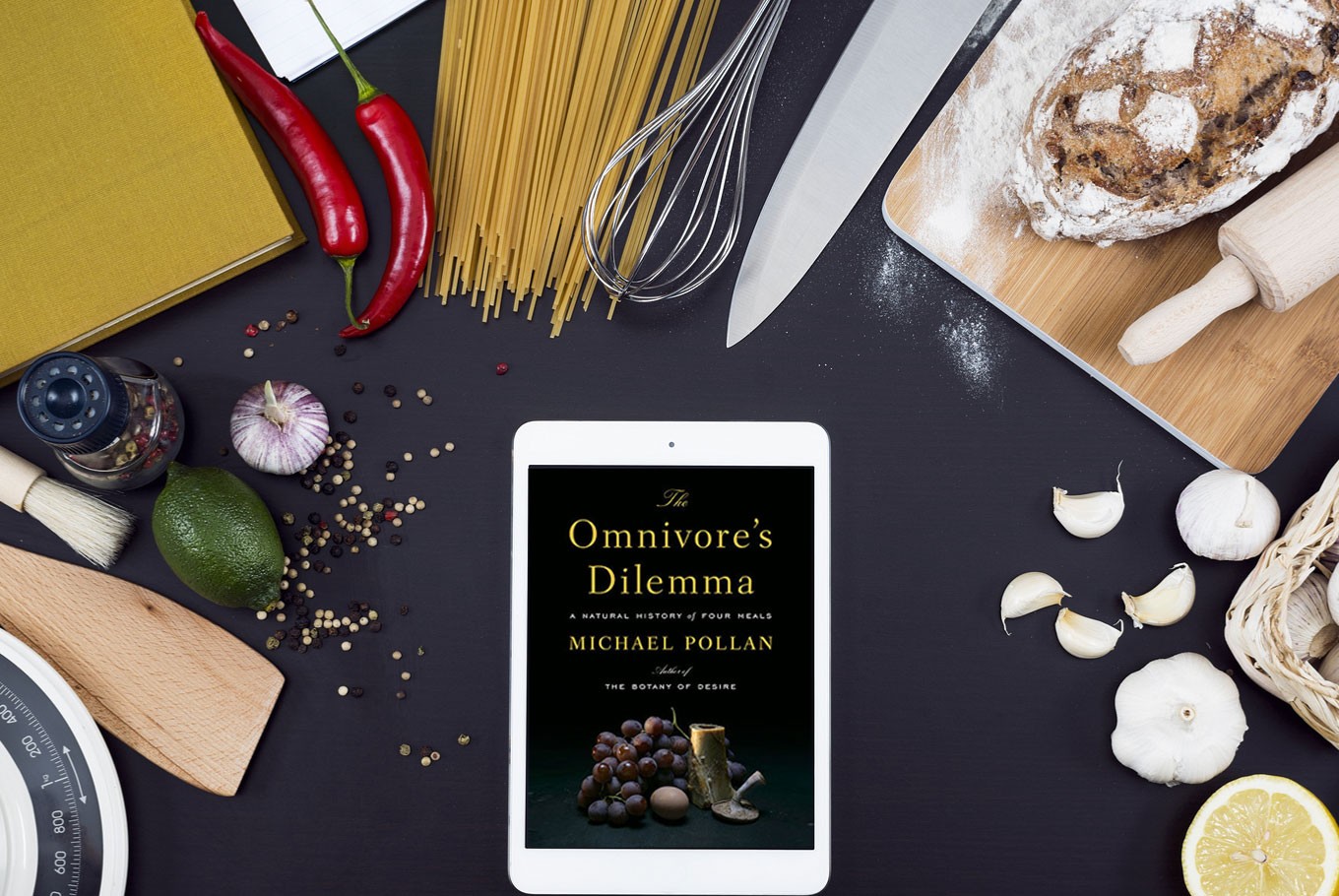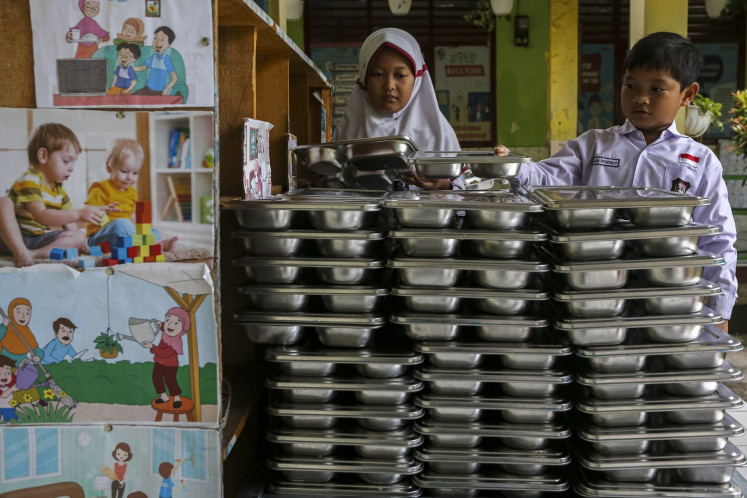Book Review: Questioning our food choices and their affects on sustainability
Michael Pollan’s The Omnivore's Dilemma tells us one thing: our food choices don’t just affect us, but the health of the environment that sustains life on earth.
Change text size
Gift Premium Articles
to Anyone
 For someone who doesn’t know the inside workings of the farming industry, these chapters are an eye-opener. (Shutterstock/File)
For someone who doesn’t know the inside workings of the farming industry, these chapters are an eye-opener. (Shutterstock/File)
Before the clock even hits 5 p.m., I’m already thinking about what to have for dinner.
It’s a tough decision. One friend is a vegetarian. Another has religious dietary restrictions. The rest of us are just plain picky. Should we go for all-American burgers and fries? Or pick something more European—like pasta? Or maybe something new and exciting, like a farm-to-table experience? I still don’t know what to have for dinner after thinking for over 30 minutes. But one thing’s for sure: our food choices have expanded so much that they’re on the verge of crippling us.
Michael Pollan’s The Omnivore's Dilemma tells us one thing: our food choices don’t just affect us, but the health of the environment that sustains life on earth. The book is split into chapters, most of which study the landscape of farming and food. It’s not enough to know where our food comes from, but we should be aware of how our eating habits are being shaped by the industry and vice versa. For someone who doesn’t know the inside workings of the farming industry, these chapters are an eye-opener. In a light-hearted conversational manner, he throws out important facts, like how cows are fed corn, which in turn damages their livers.
But what’s most fascinating is his journey of food. Throughout the course (pun intended!) of his book, Pollan eats four different meals. He starts off with the quintessential American McDonald's meal, before purchasing the ingredients for his second from Whole Foods market. His third meal is an organic chicken dinner with side dishes—from a sustainable organic farm—and his last is a “hunter-gatherer” meal made with ingredients that he either shot dead or foraged for.
And for Pollan, it’s not about which is better, or healthier. It’s the journey itself, and the about the amount of work that goes into the final product. Yes, the hunter-gatherer meal might be the healthiest and most nutritious of all, but he posits that it’s impossible for everyone to live like that every day given the current landscape that we live in.
But if there’s one thing that The Omnivore’s Dilemma lacks, it’s Pollan’s refusal to take a stance on the issue of food. He questions a great deal—is organic farming a bad thing? Is going vegan the best way to cut down carbon emissions?—but doesn’t offer any answers. But maybe that’s a good thing. Maybe his questions will help you make better, more informed decisions about your dinner choices for once. (kes)
Click here to read the book.
--------------------
Title: The Omnivore’s Dilemma
Author: Michael Pollan
Published: 2006
Publisher: The Penguin Press
ISBN: 978-1-59-420082-3
Pages: 451
Reviewer: Natalie Pang










